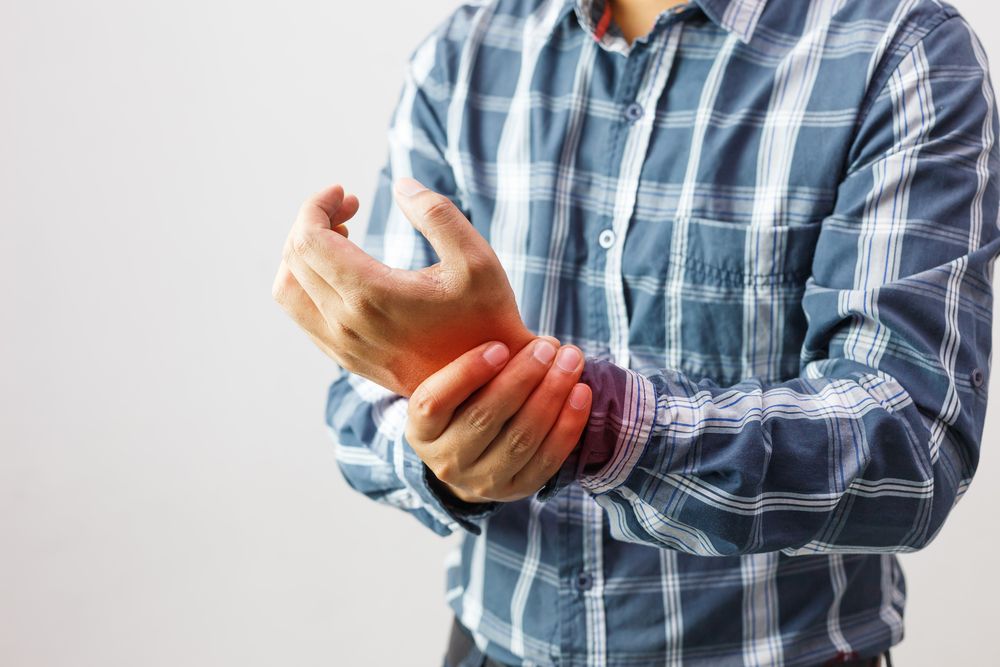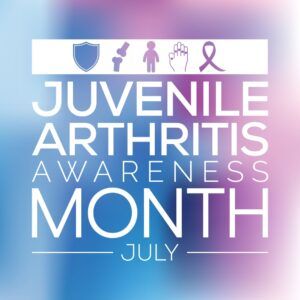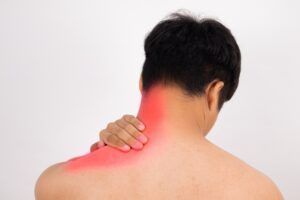Arthritis is defined as the inflammation or swelling of one or more joints. This term is used to describe more than 100 conditions that affect the joints, the tissues around the joints, and other connective tissues. Understanding the underlying causes of arthritis symptoms is the first step in treating your symptoms and preventing them from worsening.
Two of the most common forms of arthritis are psoriatic and reactive arthritis. If you or a loved one is suffering from arthritis, the experts at Pacific Arthritis can provide information and pain management solutions for long-lasting relief.
What Is Psoriatic Arthritis?
Psoriatic arthritis is a form of arthritis that affects some people who have a skin condition called psoriasis. Psoriasis is a noncontagious recurring rash that flares for a few weeks or months at a time. Approximately 1 in 3 people with psoriasis also have psoriatic arthritis, with the National Psoriasis Foundation citing that the skin condition alone affects an estimated 8 million people in the US. There is no cure for this chronic skin disease, so the goal of treatment is symptom management.
Psoriasis is thought to be a result of an overactive immune system that causes skin cells to grow faster than usual. As the immune system mistakenly attacks healthy cells and tissue, there is an overproduction of skin cells causing dry skin patches. The same overproduction causes inflammation of the joints called psoriatic arthritis.
Psoriatic Arthritis Treatment
Many people who are predisposed to psoriasis may be symptom-free for years until the disease is triggered by some environmental factor. The simplest solution is to recognize and avoid triggering flare-ups. Potential triggers for psoriasis rashes include:
- Cold or dry weather conditions
- Smoking
- Excessive alcohol consumption
- Injury to the skin, including sunburn or cuts, scrapes, or burns
- Infections of the skin or Strep Throat
- Certain medications such as lithium, high-blood pressure drugs, and antimalarial drugs
- Withdrawal from oral or injected corticosteroids
Clinical treatment of psoriatic arthritis focuses on controlling the inflammatory process. Initially, treatment may include non-steroidal anti-inflammatory medication that treat the skin and joints simultaneously. Disease-modifying antirheumatic drugs (DMARDs) may be prescribed for individuals whose arthritis is persistent or unresponsive to traditional treatment methods. DMARDs are a group of medications that work to suppress the body’s overactive immune and/or inflammatory systems.
What Is Reactive Arthritis?
Reactive arthritis is a form of arthritis that develops in reaction to an infection. When certain infections occur, they trigger joint pain and swelling in the knees, ankles, and feet. Depending on the cause, inflammation can also affect the eyes, skin, and urethra. Other symptoms can include lower back pain, swollen toes or fingers, and mouth sores or rashes on the skin.
In rare cases, patients may experience chronic, destructive, and even disabling arthritis or enthesitis. While not everyone with a bacterial infection will develop reactive arthritis, it is a common symptom of Chlamydia, E. Coli, Shigella, Yersinia, and Campylobacter.
Reactive Arthritis Treatment
As a symptom of infection, reactive arthritis runs a self-limited course of 3 to 12 months and dissipates as the underlying infection is treated. Most people find significant improvement after taking over-the-counter non-steroidal anti-inflammatory drugs (NSAIDs) such as aspirin, ibuprofen, or naproxen sodium.
Prevention is the best method of avoiding reactive arthritis. It is worth noting that while reactive arthritis itself is not contagious, people can spread the bacteria that caused it. Simple precautions can be taken to avoid bacterial infection including cooking food thoroughly and practicing safe sexual habits with regular STI testing.
If you are experiencing arthritis pain, call our office at 310-297-9221 to schedule an appointment with our experienced physicians. With 2 locations conveniently located in Los Angeles and Santa Monica, it is easy to find long-lasting pain relief and a team dedicated to your care.







